

Building Climate Resilient Communities & Sustainable Landscapes
Our Thematic Nexus
ECOTRUST has designed interventions that address the nexus between biodiversity, climate change and sustainable livelihoods in an integrated manner as opposed to a single thematic focus. These thematic areas are interlinked through conservation finance and environmental outcomes.
We work with poor rural communities in vulnerable landscapes where poverty and climate change hurt the most. We undertake biodiversity conservation to enhance their adaptive capacity and mitigation potential to ensure improved environmental management and sustainable livelihoods where it matters the most. We provide performance-based payments to smallholders undertaking conservation initiatives as an incentive for them to invest in reducing the decline of nature and ensuring regenerative landscapes that steward biodiversity and ecosystems.
Our mission is to “conserve biological diversity and enhance social welfare by promoting innovative and sustainable environmental management”. We deliver conservation finance “where it matters most” – to thousands of smallholders undertaking restoration as a business in rural communities. We deliver conservation finance through innovative community structures and solutions that attract additional capital from private sector to invest in the green opportunities represented by landscape restoration as a business. We make innovative restoration investments that promote climate resilient solutions on a commercial basis and crowd-in private sector finance by playing an intermediary role and undertaking leadership in marketing environmental services.
Our Overall Goal over the next period will be: “Enhanced livelihoods, adaptive capacity and mitigation potential of 16.5 million people in partner communities and landscapes in 33 Districts of Uganda by supporting smallholder-led reforestation, restoration and improved management of at least 60,000ha of degraded land, over the next 5 years”.
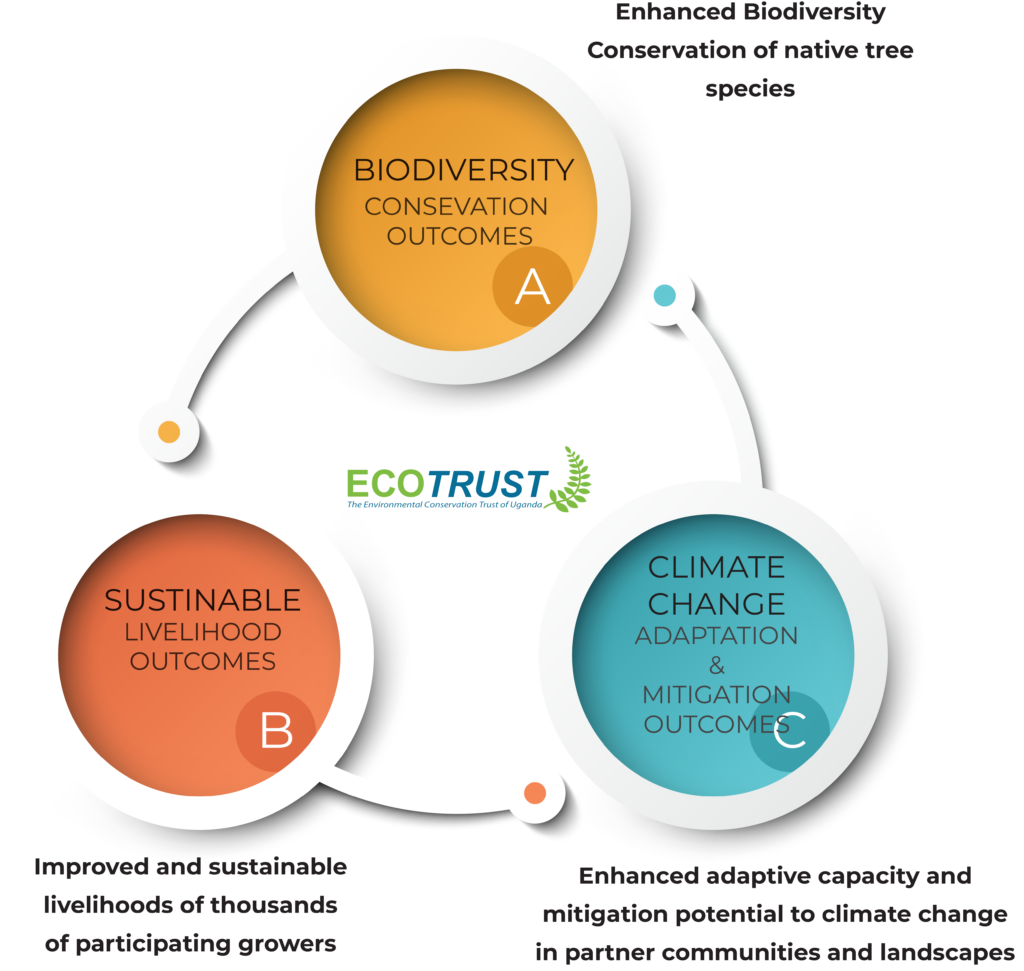
Strategic objectives
Our 5 Year Strategic
Direction
Our overall goal over the next period will be: “Enhanced livelihoods, adaptive capacity and mitigation potential of 16.5 million people in partner communities and landscapes in 33 Districts of Uganda by supporting smallholder-led reforestation, restoration and improved management of at least 60,000ha of degraded land, over the next 5 years”. This goal will be achieved through the following strategic objectives:
STRATEGIC OBJECTIVE 1
Market-Based Incentives to Promote Smallholder-Led Forest Landscape Restoration (FLR) As a Business (RAAB) Delivered
STRATEGIC OBJECTIVE 2
Investment Partnerships with Private Forest Owners, Government, Communities and Other Stakeholders to Ensure Protection of Functional Habitat Connectivity and Contribution to Sustainable Livelihoods
STRATEGIC OBJECTIVE 3
Co-Financing Arrangements to Protect the Ecological Integrity and Functionality of Natural Capital in Protected Areas and Other Effective Area-Based Conservation Measures (OECMS) to Generate Goods and Services that Benefit Local Communities and Biodiversity
Our Programmes
ECOTRUST operates across Uganda with a focus on three main landscapes: Queen Elizabeth National Park landscape and Murchison-Semliki landscape in the Albertine region of South-Western Uganda, and the Mount Elgon Landscape in Eastern Uganda. These are not only landscapes of global biodiversity significance, but they are also hot spots for climate change induced disasters – especially floods, mud slides and changing weather patterns that result in frequent and unexpected droughts and changes in rainy seasons.
FEATURED PROJECT
Trees for Global Benefits
Eradicating Poverty One Ton of CO2 at a Time!
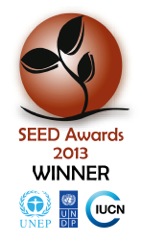
Trees for Global Benefits (TGB) has for eighteen years been at the forefront of mobilizing Foreign Direct Investment in smallholder-led agroforestry and forest management. The scheme, pioneered in 2003 by ECOTRUST, has grown into one of the biggest smallholders agro-forestry carbon projects in Africa under the Plan Vivo standard of certification. TGB is currently contributing to the restoration of over 12,000 hectares with indigenous tree species in some of the most ecologically vital landscapes of Uganda
Our Networks
ECOTRUST has established strong customer relations and contracts with a broad range of international private sector buyers in the voluntary carbon market for the last 17 years. ECOTRUST is a member of UNFCC CSO Network and is currently leading the policy unit of the Africa CSOs Biodiversity Alliance (ACBA) under the umbrella of African Wildlife Foundation (AWF) in engagement with the Post-2020 CBD framework. ECOTRUST is currently Chair of Northern Albertine Conservation Group (NARC-G) Platform – a consortium of conservation NGOs operating in the Albertine Rift region of Uganda.ECOUTRUST is a member of the Kiiha Catchment Partnership bringing together Government of Uganda (Ministry of Water and Environment); District Local Governments of Masindi, Hoima, Kikuube, Buliisa, Kyenjonjo; and CSOs in the catchment. ECOTRUST is a member of the national Environmental and Natural Resources (ENR) CSO Coalition. ECOTRUST maintains a strong strategic relationship with all key donors.
















































- Latest from our blog
Statement from ECOTRUST on BBC Radio…
The BBC's The Carbon Offset Trap programme, broadcast on 2 April 2025, presents a one-sided and…
Setting the record straight: ECOTRUST response…
A series of articles published in May and June 2024 by the Swedish newspaper Aftonbladet, under…
Empowering Women Through Conservation – A…
As part of their visit to assess ECOTRUST’s biodiversity conservation and restoration initiatives within the Murchison…

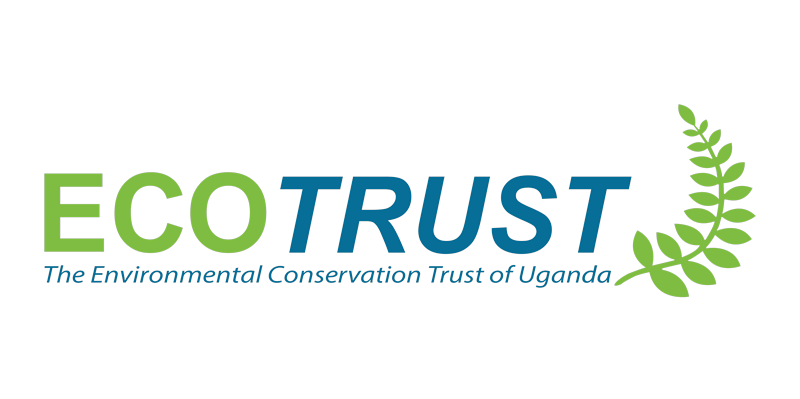
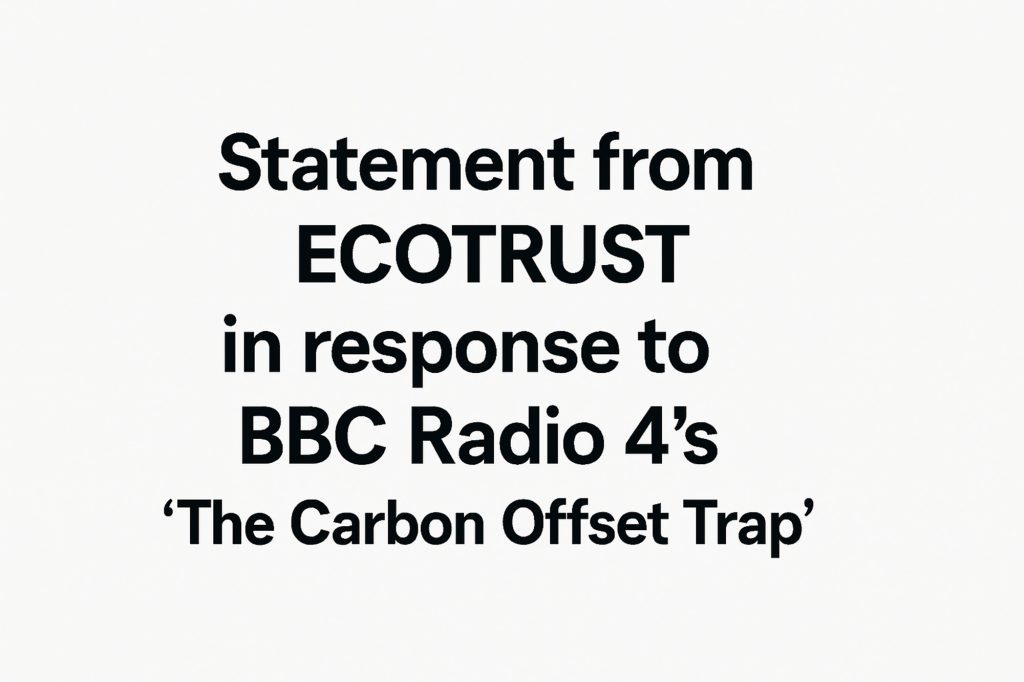
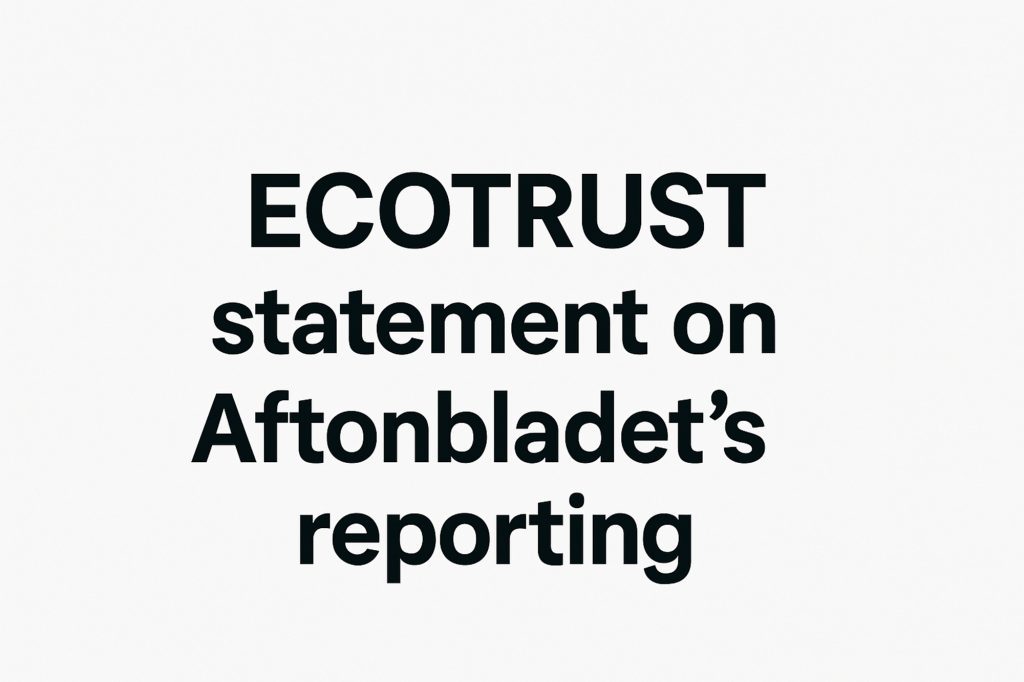
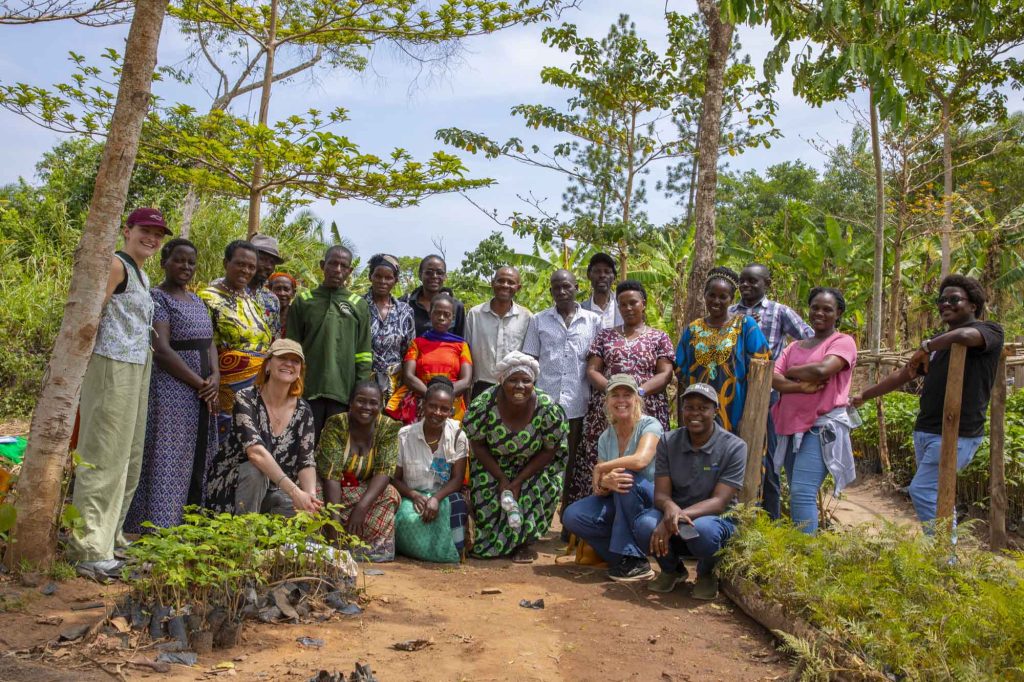
Follow Us On